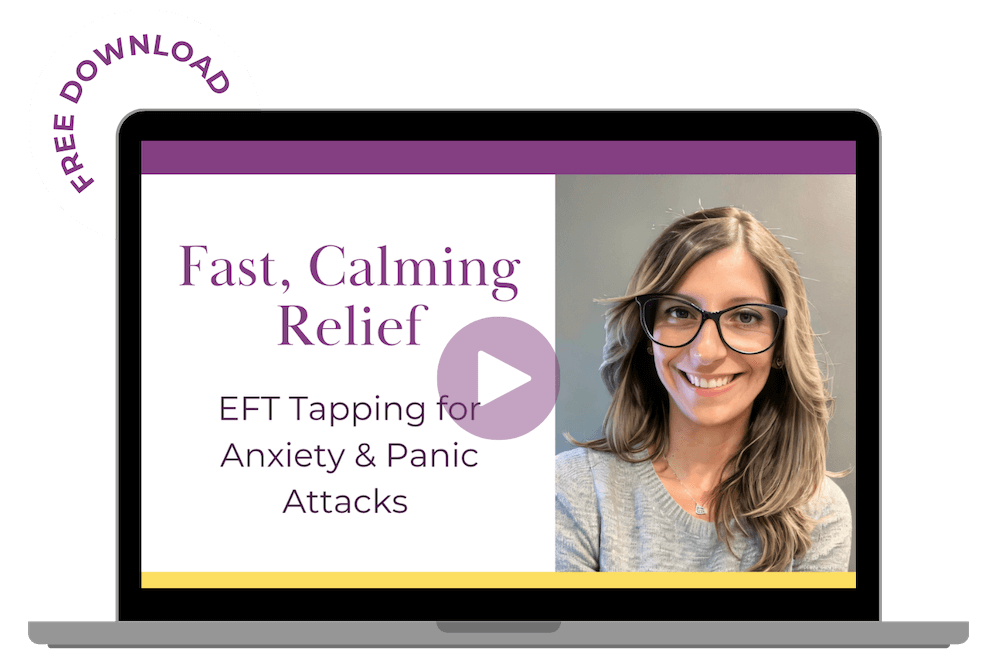The tapestry of relationships is woven with threads of trust, vulnerability, and shared experiences. But what happens when trauma upends this delicate web, transforming trust from a source of comfort into a labyrinth of fear and uncertainty? This post is a one-on-one conversation with you, the brave survivor seeking to understand the complexities of building trust and intimacy after trauma. Silvia Araya’s brand, anchored in profound empathy and holistic approaches to healing, is here to guide you through this complex but crucial process.
Trust in Tatters: Understanding the Post-Trauma Experience
When an individual faces trauma, whether through assault, abuse, or a catastrophic event, the consequences ripple through every facet of their life, including relationships. The aftermath can leave trust shattered, affecting how they engage with the world, and more profoundly, with those closest to them.
Rebuilding trust is a multifaceted odyssey that begins with understanding the symptoms that can manifest following trauma. For instance:
Hyper-Vigilance and Distrust
Following trauma, it’s common to experience a state of hyper-vigilance, where the world is perceived as perpetually dangerous. This can lead to a profound lack of trust, even in the safest, supportive environments.
Avoidance and Emotional Distance
Survivors often develop avoidance behaviors, withdrawing from potentially triggering situations or discussions. This can create emotional distance, further complicating intimacy in personal relationships.
Startling Reactions and Interpersonal Challenges
Startling reactions, such as anger, irritability, or sudden emotional outbursts, can create interpersonal challenges, making it difficult to nurture safe, close connections.
Faced with these struggles, it’s crucial to acknowledge that rebuilding trust is not a linear path but a continuous, adaptive process.
The Journey to Trust Restoration
Restoring trust post-trauma is akin to navigating a maze; it requires patience, perseverance, and a clear sense of direction. Here are vital strategies to help illuminate the path for you:
Self-Compassion as a Starting Point
Practicing self-compassion is the foundational step in the trust restoration process. Acknowledge the trauma’s impact on your life without judgment or self-criticism. Offer yourself the same kindness you would a friend in need.
Therapy and Professional Guidance
Consider therapy as a sanctuary for your healing. Trauma-focused therapies and counseling can provide the tools to better understand and manage symptoms, paving the way for trust to reemerge.
Open Communication and Shared Strategies
Engage in open, honest communication with your partner or loved ones. Develop strategies together on how to manage triggers and support each other through the process of rebuilding trust.
Patience and Realistic Expectations
Be patient with the process—it takes time, sometimes years, to rebuild trust. Set realistic expectations for yourself and your relationships. Remember, recovery is nonlinear, with ups and downs along the way.
Tools for Communicating Your Needs and Boundaries
Clear communication is the lifeblood of any relationship, especially in the wake of trauma. These practical tips can aid you in expressing your needs and navigating boundaries:
I-Statements and Active Listening
Practice using “I” statements to express your feelings without placing blame. Encourage active listening to ensure both parties feel heard and valued in the conversation.
Grounding Techniques
In moments of heightened anxiety or stress, use grounding techniques to stay present. Grounding can help you maintain a sense of safety and control, which are integral to effective communication.
Regular Check-Ins
Incorporate regular check-ins into your relationship routine. This fosters a culture of mutual support, allowing you to adjust your needs and boundaries in a comfortable, safe atmosphere.
A Personal Journey to Trust
Silvia’s values, deeply entrenched in personal narratives and healing journeys, underscore the significance of the relationship experience post-trauma. You’re not alone in your quest to rebuild trust and intimacy; many have embarked on this voyage before you. Here’s an intimate look at a personal story of trust rebuilding:
A Brave Step Toward Therapy
“After my trauma, therapy felt like a ray of hope amidst darkness. It was the first step on a path I never imagined treading—one of self-discovery and eventual trust restoration. With my therapist, I found a safe space to unravel my fears and uncertainties.”
Life-Altering Tools and Techniques
“Through trauma-focused therapies, I unearthed a treasure trove of tools and techniques to recalibrate my trust compass. Mindfulness practices, boundary setting, and self-validation became my guides through the labyrinth of post-traumatic intimacy.”
A Relationship Transformed by Resilience
“Our relationship bore the brunt of my trauma, but together, we’ve emerged stronger. Our bond now holds the depth of our shared resilience and commitment to understanding, supporting, and loving each other through every twist and turn.”
Testimonials from Experts in Trust and Trauma
Silvia’s renowned network of experts in trust and trauma lend their insights and support to your healing odyssey. Here are poignant and informed testimonials from these respected professionals:
A Compassionate Therapist’s Reflection
“Trauma can strip trust bare, but within that barrenness lies the opportunity for renewal. I’ve witnessed the profound resilience of survivors who forge new pathways to trust through patience, self-compassion, and the dedicated support of loved ones.”
A Relationship Therapist’s Compassionate Wisdom
“Rebuilding trust is an art that requires skill and tenderness. For those impacted by trauma, the canvas may feel too vast or the brush strokes too tentative. With each stroke, with each effort to reconnect, trust is not restored, but recreated.”
A Holistic Expert’s Inspirational Encouragement
“Trust is the north star guiding the ship of relationships through turbulent seas. Often dimmed by trauma, it is a light we can reignite through the alchemy of self-discovery and the warmth of reciprocal understanding and compassion.”
Conclusion: Rediscovering Trust in Shared Moments
The process of rebuilding trust and intimacy is an ongoing narrative, studded with hopes, fears, and shared moments. By understanding the tenuous nature of trust post-trauma, committing to a shared restoration effort, and seeking professional and personal tools, you’re unlocking doors to a future abundant in love, support, and shared joy. Your personal trust maze is a testament to your courage and strength. Trust that the path you carve will lead you to a sanctuary of personal reconnection, where shared moments are a testament to the human spirit’s capacity for regeneration.
In this shared journey, Silvia Araya’s brand is a beacon of empathy, knowledge, and companion to your trust restoration odyssey. It speaks to your lived experiences, from a person to a person, offering insights that resonate deeply and tangible strategies that lead you toward the light of intimate reconnection. Remember, healing is a personal treasure map. Each step you take, each revealed treasure, brings you one step closer to rewriting your relationship narrative.







